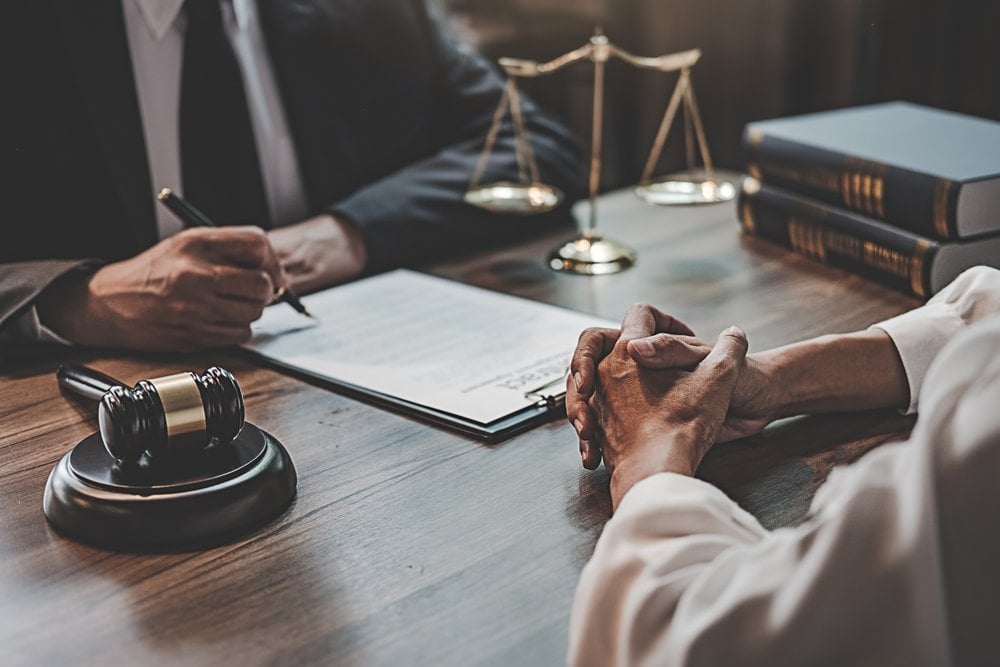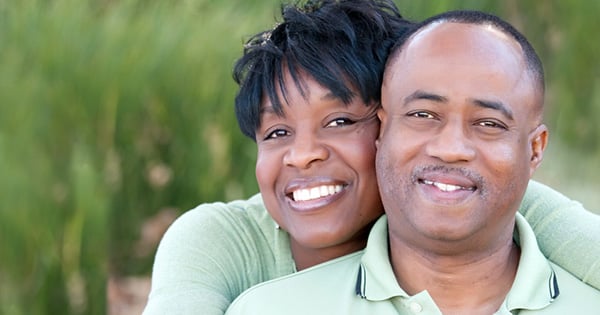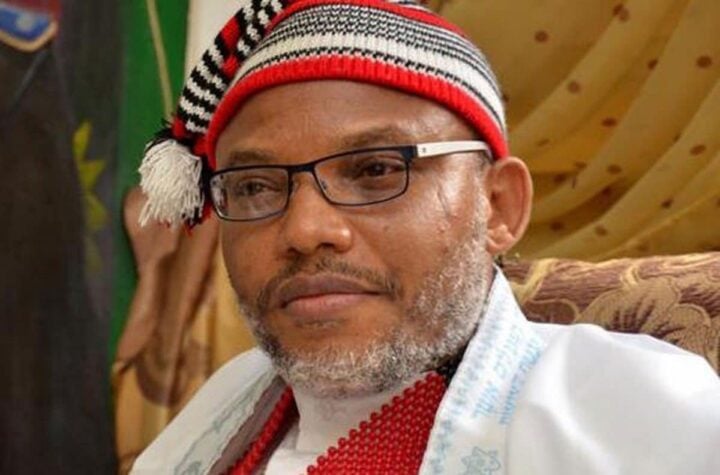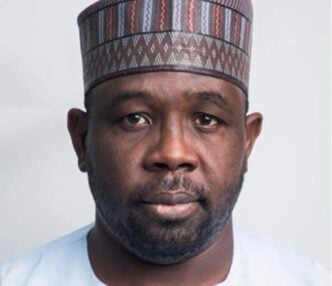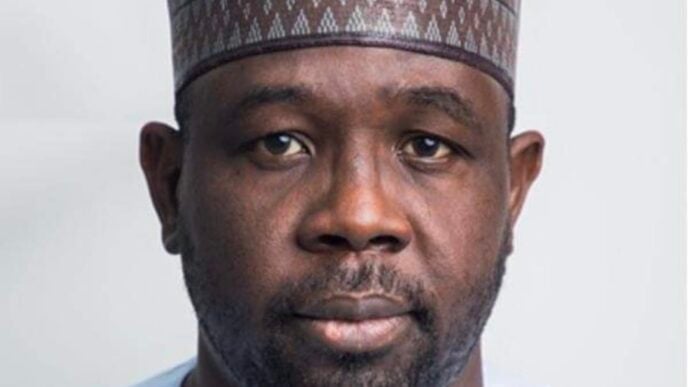BY MICHAEL ODUNLAMI
In our last episode, we explained “personal injury” in detail; that someone can be held responsible for hurting another person in three main ways, namely, negligence, strict liability, or intentional harm. Today, we will be focusing on negligence. This is the most common reason people go to court to seek compensation when they are injured or suffer loss as a result of someone else’s fault.
Negligence simply means carelessness in a simple sense. If someone has a duty to be careful, and they fail to do so, and that failure causes harm to another person, then they can be held liable under Nigerian law. Negligence can arise in two forms, namely common law negligence and statutory negligence. We shall discuss these in turn in our subsequent episodes.
Let’s start with a familiar example, those reckless “Danfo” drivers on Lagos roads, who are notorious traffic law violators. Many of us have seen them sipping alcohol from sachets or drinking local gin popularly called “Ogogoro” or even smoking while driving. Many motor parks are flooded with alcohol peddlers, selling alcoholic drinks in sachets and small bottles to these drivers and passengers alike, thereby making these products readily available.
Advertisement
These actions are not only dangerous but also criminal. If such a driver causes an accident, he can be arrested and charged with driving under the influence of alcohol. But more importantly, and for the purpose of the subject of this article (negligence), if someone gets injured or a car or property is damaged as a result of their drunkenness or intoxication, the victim of such misfortune can approach the court and sue the driver for negligence.
Additionally, the victim can approach the insurer of the “at fault driver’ for compensation for injury, medical bills and loss of wages as a result of inability to work, because under Nigerian law, every car on Nigerian roads is required to have at least third-party insurance. So, the insurance company will also be responsible for paying compensation to the victim for injuries suffered or any losses incidental to the accident.
Another example is something we’ve heard happen too often in Nigerian hospitals. A patient goes in for surgery at a hospital, and thereafter, they develop an infection, thereby necessitating another hospital admission.
Advertisement
Upon investigation, they are told that the surgeon had forgotten a surgical instrument inside their body after an X-ray, MRI or CT scan exercise revealed so. This type of carelessness is called medical negligence. It can cause a lot of pain, extra hospital visits, and even life-threatening situations or death. In such a case, the hospital’s management can be taken to court and made to pay compensation to the patient for being negligent.
If it’s an accident at work, maybe a machine injured you because it wasn’t working properly, not adequately serviced, or you were not trained to use it safely, you must report the incident to your employer immediately and get medical attention and thereafter consult an experienced injury lawyer who may be able to help you to seek compensation from the appropriate quarters.
Once you have suffered any harm and you wish to enforce your right to compensation, the next stage is for you to speak to a lawyer who understands personal injury law. The lawyer will look at your case and decide whether there is enough evidence to sue the person or organisation responsible for your injury to pay you compensation.
Having regard to the above, the lawyers from both parties can sometimes engage in dialogue with the intention to settle. Most times, it is better and faster to settle the matter out of court by way of a settlement. This means both parties sit down, often with their lawyers and agree on how much the victim should be paid without going through the long process of a court trial. This mostly happens when the facts are clear, and the wrongdoer accepts their fault. Your lawyer can help negotiate a fair amount for your pain and suffering, and if everyone agrees, a formal agreement is signed, and the matter is put to rest.
Advertisement
But if that doesn’t work, your case can proceed to trial. In court, both sides will present their evidence. Witnesses may be called. The judge will then decide whether the person being sued (the defendant) is truly at fault. If the judge rules in your favour, they will award you compensation. This could cover all your medical bills, loss of income, pain and suffering, and even future medical care if needed.
One very important thing to remember is that you do not need to be rich to fight for your rights. Some people are afraid to go to court because they think they can’t afford a lawyer. But many lawyers in Nigeria now work on a success-based fee or contingency-based fee arrangement. This means they only get paid if they win the case for you. If they lose, you pay nothing. This is also known as a “No Win, No Fee.” It gives everyone, whether rich or poor, the right to a fair chance to seek justice.
Aside from the common law negligence, which is a legal doctrine where someone is held liable for injuries or harm or even death caused to another due to their action or inaction, or better still, for failure to exercise reasonable care, several laws in Nigeria support the rights of individuals to seek compensation for personal injury caused by negligence.
At the end of the day, nobody should suffer in silence because of another person’s mistake. Whether it’s a drunk or reckless driver, a careless doctor, or an employer who failed to provide proper safety gear or Personal Protective Equipment (PPE), adequate training or failure to provide a safe working environment, you have the right to demand compensation if you sustain any injury as a result. If you have been injured or suffered any kind of loss because of someone else’s carelessness, don’t keep quiet. Talk to a lawyer to fight for your rights.
Advertisement
Because truly, nobody should pay for other people’s mistakes. Remember! where there is a blame, there should be a claim.
This article is meant for general understanding. If you believe you’ve suffered harm due to another person’s fault, it’s best to speak with a qualified personal injury lawyer who can guide you based on the facts of your case.
Advertisement
Michael O. Odunlami is a Lagos-based personal injury lawyer at Claybrook Attorneys. He can be contacted via [email protected]
Advertisement
Views expressed by contributors are strictly personal and not of TheCable.
